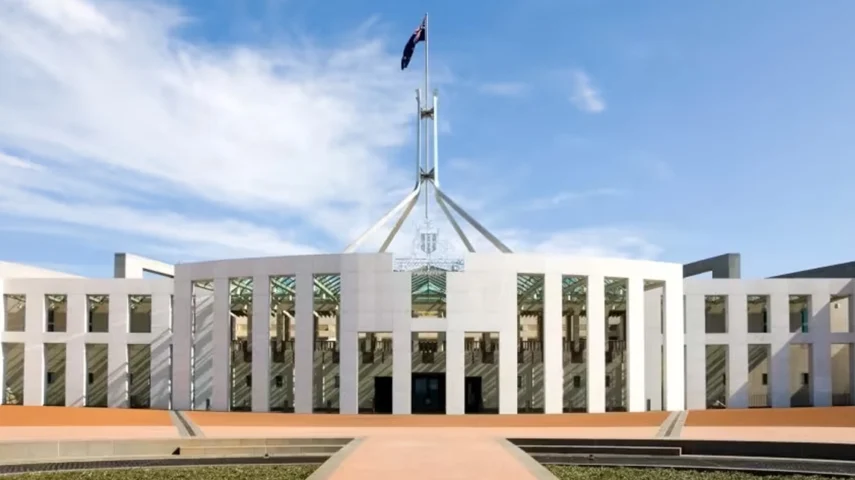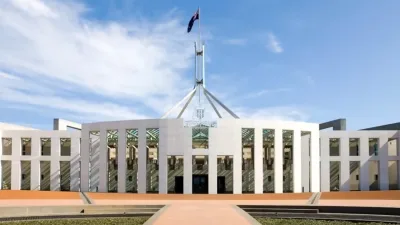FAAA pins hopes on Dixon inquiry success



The Financial Advice Association Australia has stated it is “working closely” with the Financial Services Minister, Daniel Mulino, to remount the inquiry into Dixon Advisory.
With the introduction of a new Parliament this week, the Senate economics references committee inquiry into wealth management companies was moved into “lapsed” status.
This public inquiry, which was opened in September 2024, was exploring reasons for the collapse of wealth management companies, and the implications for the establishment of the Compensation Scheme of Last Resort (CSLR) and challenges to its ongoing sustainability.
Submissions were received from organisations such as ASIC, the FAAA, the Financial Services Council, the Australian Financial Complaints Authority (AFCA), and The Advisers Association, and reporting is due by 28 July. This was a four-month delay from the date originally slated on 27 March.
However, Phil Anderson, general manager at FAAA, is hopeful the inquiry will be reopened given the recent failures of firms such as United Global Capital and Shield Master Fund.
He said: “The lapsing of the Senate inquiry into Dixon Advisory was expected as a result of the election, and the FAAA is now working closely with the financial services minister and the shadow minister to get the inquiry remounted.
“Both parties have indicated that they zupport the inquiry, and we are currently going through the processes required to do so. There is no indication that this won’t succeed.
“The FAAA continues to believe an inquiry is essential to understand the full scope of what went wrong with Dixon Advisory and to ensure it is not repeated. The recent experience with Shield and First Guardian emphasises the importance of an inquiry into such matters.”
The impact of these high-profile failures is being seen in the CSLR levy paid by financial advisers which is estimated to be $67.3 million for the 2025–26 financial year.
Earlier this week, AFCA stated complaints specifically about investments and advice rose by 18 per cent, thanks to the failures of United Global Capital, Shield Master Fund, First Guardian, and Brite Advisors. As well as this, there was a 95 per cent increase in complaints involving self-managed superannuation funds which accounted for a third of all investment and advice complaints.
AFCA chief ombudsman and chief executive, David Locke, said: “What we’re seeing in complaints is a clear pattern of conflicted advice models and the inappropriate use of self-managed super funds that ultimately isn’t in the customer’s best interest. This only highlights the need for the CSLR for victims of unlawful advice.”
Recommended for you
Next year will see AMP roll out an end-to-end solution for its North platform, marking a shift in the firm’s position within the advice technology sector and building on adviser feedback.
My Dealer Services is predicting strong growth in self-licensing next year, citing recent ASIC action against Interprac and the desire for independence as key drivers of the self-licensing trend.
ASIC has handed down a six-month AFSL suspension to MW Planning after the firm failed to replace its banned responsible manager.
Despite the year almost at an end, advisers have been considerably active in licensee switching this week while the profession has reported a slight uptick in numbers.











